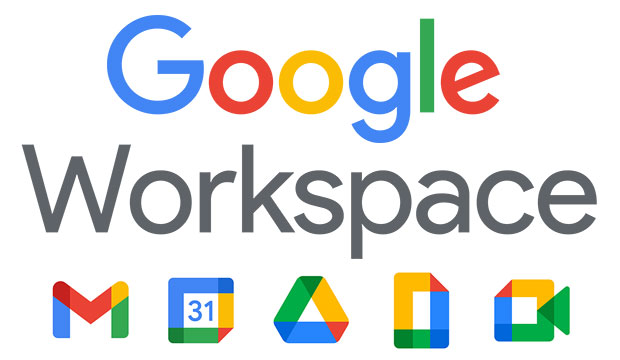Top 20 Gaming Websites
The increasing popularity of gaming websites can be attributed to several factors, which reflect broader changes in technology, gaming culture, and media consumption habits. Here’s an overview of the key drivers:
1. Growing Global Gaming Audience
- Gaming as mainstream entertainment: With billions of gamers worldwide, gaming has shifted from being a niche hobby to mainstream entertainment. This explosion in gamers creates a higher demand for news, reviews, guides, and community engagement, driving traffic to gaming websites.
- Mobile gaming boom: The rise of mobile gaming, especially in regions like Asia and Africa, has broadened the gaming demographic and pushed more people to seek gaming-related content online.
- E-sports and competitive gaming: The surge in e-sports popularity has driven millions of fans to gaming sites for coverage of major tournaments, player news, and competitive game guides.
2. Increase in Game Releases and Live Service Games
- More games, more content: With more game studios and indie developers producing games, there’s a constant stream of new releases. Gaming websites help players keep up with the latest games, reviews, and news.
- Live service games: Games like Fortnite, Apex Legends, and Genshin Impact use live service models, where new content is constantly added. Players flock to websites for guides, patch notes, and tips on new content updates.
3. Rise of Streaming and Influencer Culture
- Twitch, YouTube, and live streaming platforms: Platforms like Twitch and YouTube have fostered a new wave of gaming influencers and content creators. This has increased cross-platform engagement, where gaming websites serve as complementary sources of information about what popular streamers are playing or discussing.
- Game influencers and streamers: As influencers build communities around specific games, viewers often visit gaming websites to deepen their knowledge of those games, driving more organic traffic.
4. Content Personalization and SEO Optimization
- Better search engine optimization (SEO): Gaming websites are increasingly optimized for search engines, making it easier for players to find them. For example, sites like IGN, GameSpot, and Polygon appear in search results for game reviews, guides, and updates, thus increasing their visibility.
- Personalized content: Many gaming websites now offer personalized content recommendations, keeping users engaged with articles, videos, or discussions that align with their interests.
5. Interactive Community Engagement
- Forums and discussion platforms: Websites like ResetEra and N4G are growing due to their vibrant communities where users can discuss news, rumors, and game strategies.
- User-generated content: Platforms that host user-generated content, such as fan art, modding guides, and player reviews, continue to grow in popularity because they enhance community engagement and foster a sense of ownership among users.
GuestPosts.biz offers gaming sites an opportunity to increase their website traffic and overall profitability.
Here are 20 popular gaming websites that cover a range of gaming news, reviews, forums, and community content:
- IGN – Offers gaming news, reviews, guides, and forums.
- GameSpot – Known for reviews, news, and videos of games across various platforms.
- Kotaku – Gaming news and commentary, known for its opinion pieces.
- Polygon – Features gaming news, reviews, and industry insights.
- Eurogamer – Focuses on video game news, reviews, and analysis.
- PC Gamer – Specializes in PC gaming news, hardware reviews, and game reviews.
- Game Informer – Offers gaming news, previews, reviews, and feature stories.
- Metacritic – Aggregates game reviews and provides average scores across platforms.
- Rock Paper Shotgun – Focuses on PC gaming news, features, and reviews.
- Destructoid – Known for indie game coverage alongside major gaming titles.
- Giant Bomb – Features detailed game reviews, forums, and a wiki.
- Nintendo Life – Dedicated to all things Nintendo, including news and reviews.
- GamesRadar – Covers news, reviews, and guides across various platforms.
- The Escapist – Focuses on gaming industry analysis and entertainment.
- MMORPG – Specializes in news, updates, and reviews of MMORPGs.
- Twitch – A live streaming platform where gamers broadcast and watch gameplays.
- Speedrun.com – The go-to platform for speedrunning, with leaderboards and community.
- N4G – Aggregates gaming news from multiple sources.
- Siliconera – Focuses on Japanese and indie gaming news and reviews.
- ResetEra – A popular gaming forum where users discuss news, rumors, and industry trends.
These websites offer a mix of general gaming news, platform-specific coverage, and community engagement.











